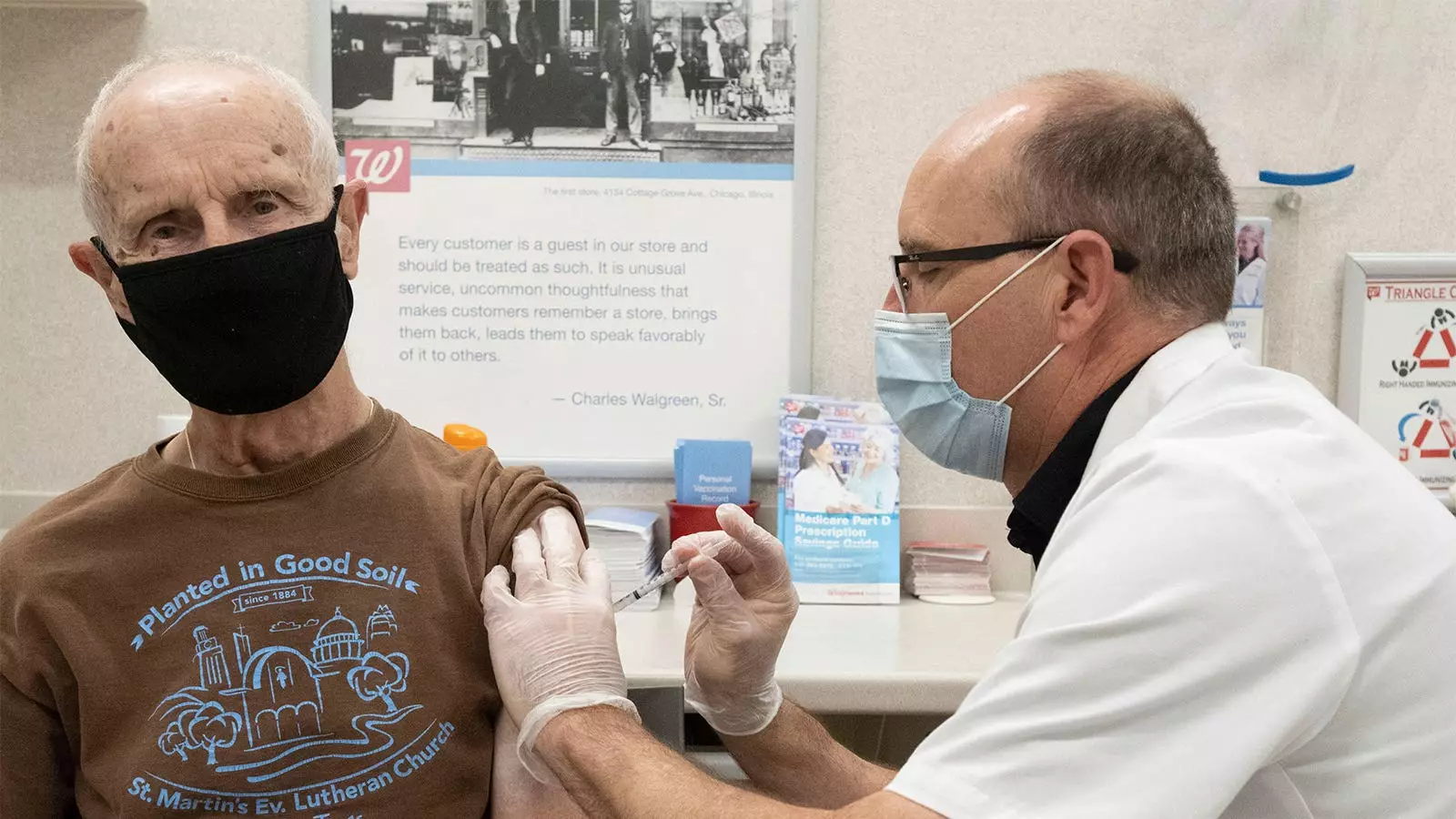The latest data from the CDC’s IVY and VISION networks shed light on the protection offered by recently updated COVID vaccines against severe virus-related outcomes in immunocompetent adults. The study conducted from September 2023 to January 2024 revealed that the vaccine effectiveness (VE) against COVID-related emergency department or urgent care visits was determined to be at 47% (with a 95% CI of 44-50). Similarly, the protection against hospitalizations associated with the coronavirus ranged from 43% (95% CI 27-56) to 52% (95% CI 47-57). These findings were reported by Jennifer DeCuir, MD, PhD, and her colleagues from the CDC’s National Center for Immunization and Respiratory Diseases.
In September 2023, the FDA authorized and CDC’s Advisory Committee on Immunization Practices recommended the 2023-2024 COVID-19 vaccines for individuals aged 6 months and older. These updated vaccines were specifically designed to target the XBB.1.5 Omicron subvariant, following recommendations from FDA staff and external advisors. Despite these recommendations, the uptake of the vaccines has been subpar, with only 22% of U.S. adults having received the latest vaccines, including 42% of adults aged 65 and over.
The study included data from 369 emergency departments and urgent care clinics, as well as 229 hospitals in eight states in the VISION network, and 26 hospitals in 20 states in the IVY network. The analysis focused on emergency department and urgent care visits, incorporating 128,825 adults with a median age of 52 years, with a majority being female and white. While 8% of case patients and 12% of controls had received the 2023-2024 COVID vaccine dose, the overall vaccine effectiveness against emergency department and urgent care visits was slightly higher for individuals vaccinated 7-59 days earlier compared to those vaccinated 60-119 days earlier.
Interestingly, the study also found that protection was higher for adults ages 18-64 compared to those aged 65 years and older. The analysis on COVID-related hospitalizations encompassed 37,503 hospitalizations from the VISION network and 4,117 hospitalizations from the IVY network, with a median age of 71 and 68 years, respectively. The vaccine effectiveness against COVID-related hospitalizations was found to be slightly higher in the first 7-59 days post-vaccination compared to the period 60-119 days after vaccination. Moreover, the effectiveness was higher among patients ages 65 and older than adults under 65 years.
Despite variations in populations, methodologies, and outcomes, the estimates of the effectiveness of updated COVID-19 vaccines were consistent across the VISION and IVY analyses. This alignment in findings provides valuable insights into the performance of the vaccines in preventing severe outcomes related to COVID-19. By early January, JN.1 accounted for nearly two-thirds of circulating lineages in the U.S., underscoring the importance of ongoing surveillance and vaccination efforts to curb the spread of the virus.

Leave a Reply